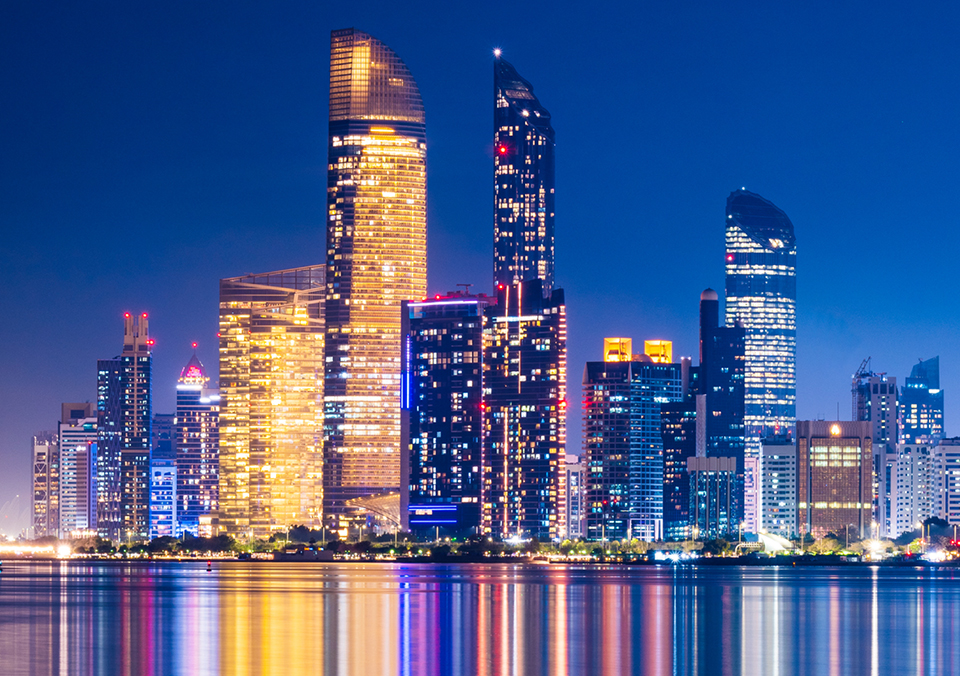MUCH HAS CHANGED in the Syrian economy in the past five years. Privately owned banks and insurance companies have been reintroduced for the first time in more than 40 years, inward foreign investment levels have multiplied quickly and international retail brands are springing up in what used to be a virtually closed market.
One element of the country’s plan to move gradually towards a private-sector-driven economy has not yet materialized. The Damascus Securities Exchange (DSE) is a central pillar of Syria’s 2006–11 five-year plan, and would establish the first capital market in the country since the 1960s, when the old stock exchange – one of the first in the Arab world – was closed down as part of the wider nationalization of the economy.
Thanks for your interest in Euromoney!
To unlock this article:




